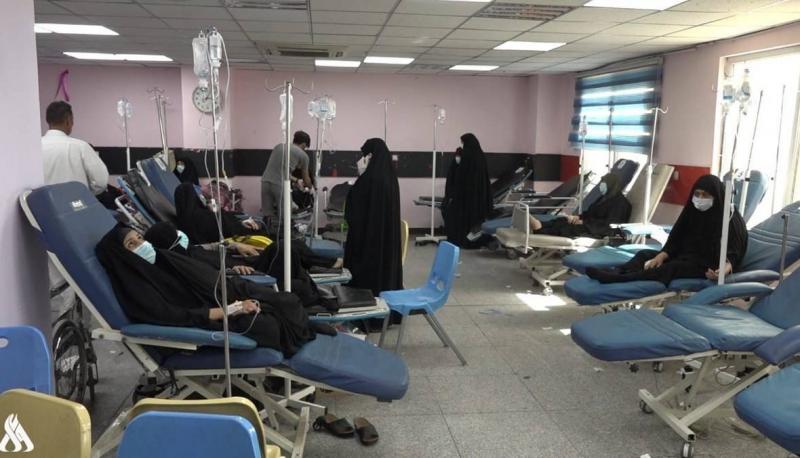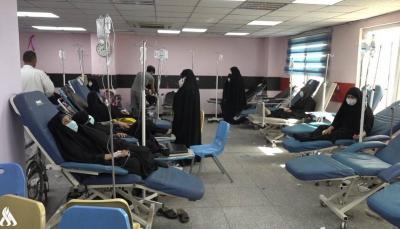For years, there has been a widespread belief in Iraq, both in popular and political media circles, that Basra province is the most affected by cancer due to its oil-producing wells and its title as the "oil capital" of Iraq. Recently, the Health Minister stated that Nineveh province is the leader in cancer cases, not Basra; however, both pieces of information are "incorrect."
This belief is sometimes accompanied by various outcomes. While this information frequently appears in the statements of Basra's representatives, it leads to significant demands for privileges for the province as a "disaster area" due to oil production and the diseases it causes, primarily cancer. The Health Committee in the Basra Provincial Council claims that emissions from oil activities in Basra are responsible for 70% of cancer cases and other illnesses such as kidney disease and asthma.
Moreover, the local communities and residents in Basra often express their dissatisfaction and anger over the effects of oil production, all of which has contributed to the widespread belief that cancer is "chomping" away at Basra due to the significant damage caused by oil fields. However, statistics completely dismantle this notion.
Reports on cancer cases in Iraq provide a division of statistics into two types: the number of cases recorded by the provinces and the "rate of cases per 100,000 inhabitants." The rate of cases is more precise and presents a clearer picture because it considers the population size in each province.
In terms of the number of cases, Baghdad leads all Iraqi provinces with the highest annual cancer cases, attributed to its larger population compared to other provinces, with annual cases between 8,000 to 9,000. Basra typically ranks second or third with annual cancer cases ranging from 2,000 to 3,000, while Nineveh often changes between the third and fourth ranks, considering both Basra and Nineveh have large populations following Baghdad.
The most revealing metric, however, is the rate of cases relative to the population, which indicates how widespread cancer is in a particular province compared to others. Over the past years, Basra has ranked between fourth, sixth, tenth, and ninth in this category. The provinces with the highest cancer rates over the years have been Karbala, Erbil, Sulaymaniyah, and Najaf.
Karbala and Erbil have frequently topped the list for highest cancer rates in the past ten years, despite the fact that Karbala is not an oil-producing province, clearly disproving the common belief. For example, in 2022, Najaf ranked first with a cancer rate of approximately 124 cases per 100,000 inhabitants, followed by Karbala with 112 cases per 100,000, Baghdad with 104 cases per 100,000, and Basra with only 99 cases per 100,000.




